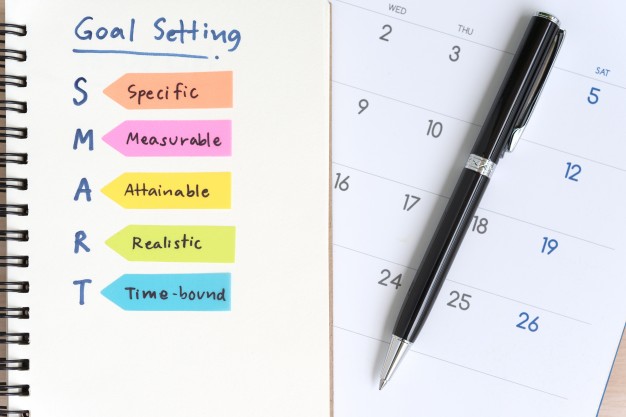
People naturally strive for a better version of themselves, working on self-confidence, mental and physical health, self-control, and many other traits and skills to feel as good as possible in their skin. Although we know very well what we need to work on, sometimes we lack the motivation to do so. This is a task that each person approaches in their way, facing the challenge in the best way they can. However, it is important to say that many methods are effective in meeting your own goals, whether it is working on self-confidence, losing weight, or something else entirely. The most important thing is that the moment you decide on any change, you act following it, which is a great effort for most, so we are witnessing frequent giving up.
Why is it necessary to work on yourself?

The only real way to be happy with our lives is to become happy with ourselves and look for space to progress every day. Many things make our everyday life, some of these things make us happy, some do not. Some things fill us up and make us happy, most often because we have a sense of accomplishment, perceiving them as personal or business growth and development. These are the things we work on through ourselves. However, if we take into account that many things hinder us every day and make our lives difficult if we accept the fact that we do many things because they are imposed on us as an obligation or priority by others, we have very little time to deal with ourselves. If we are positive, happy and fulfilled, and satisfied with ourselves then our life becomes much more comfortable and we are prepared for anything that comes our way. When you are satisfied with yourself and when you work on yourself, you will be more willing to face potential everyday problems and then they will be life challenges and battles for you, and a space for further growth and development, not just a problem.
Work on yourself – how to start?

The first step in self-improvement is to analyze yourself, that is, to have a clear vision of what you want to change. You can start by doing a personality test on the PersonalityData.org, which will give you details about your personality traits so you build further on that. The most important thing is to set realistic goals correctly, such as starting exercise, learning, healthier eating, and so on, while reaching a global goal such as self-improvement only later, reaching personal and rational goals. If your goal is a mental improvement, you can start with iq-global-test.com.
In other words, you need to know how to set personal goals properly because without them you will not know in which direction you need to go to make progress in your life.
What are personal goals?

According to mensgroup.com, Personal goals are relatively constant attempts by a person to achieve certain goals or groups of goals in their life. In this case, these are goals that last for a long time and at the same time become life goals, that is, the goals we strive for become part of the personality. They are in line with our thoughts, values, and attitudes and encourage us to strive for something wider and bigger than ourselves.
Personal goals represent a broader vision of the future and a more integrated and complete version of ourselves. They also affect the improvement of our lives, relationships with other people, and the environment in which we move.
So, if you have decided to work on yourself and want to avoid giving up or failing, here are a few steps you can follow:
1. Identify 2-3 aspects of life in which you want to achieve change

It is difficult to change all aspects of life at the same time, often people make just that mistake and give up because they conclude that it is too difficult or impossible.
2. Clearly define the change you want to have
Ask yourself what you are like now and what you will be like if that change happens. It is important to be aware that a change in one aspect of life affects a change in another, sometimes quite unexpected aspect, and in the process, we change ourselves.
3. Define your values and make sure they match the desired outcomes of the change you are striving for
Think carefully about what is important to you personally, what values you want to keep through life and live each day, then check if the desired change affects your value system.
4. Set goals

Every process requires a deadline. Without a clearly defined deadline for individual stages of change, it is unlikely that you will be maximally engaged and persistent in the process.
5. Identify resources
Think about what you need for the process to be successful, what are the resources you need, and they can be almost anything (people, things, knowledge, ideas…).
6. Identify obstacles
Before starting the process, it is important to name any potential obstacles that may occur and thus prevent failure due to poor preparation. Make sure you think about ways to overcome the obstacle.
7. Make a precise process plan
Everything you have already done in the previous steps represents your plan, what you still need are checkpoints in the process where you will check if you are on the right track and how quickly you achieve the desired change.
8. Make sure that going through the whole process is worth what you want to achieve

Now that you have “put everything down on paper” you have a clear picture of everything you need to go through. The question now is whether all this is worth the original goal.
9. Write a letter of support
If you still decide to go this route, write a letter of support from this state of current optimism that will come in handy in difficult times, and there will be.
10. Take the first step
The first step is important, set a date for the first step and do it without hesitation. The first step should not be big but it must be in the right direction and with strength, desire, and enthusiasm to achieve the goal.








